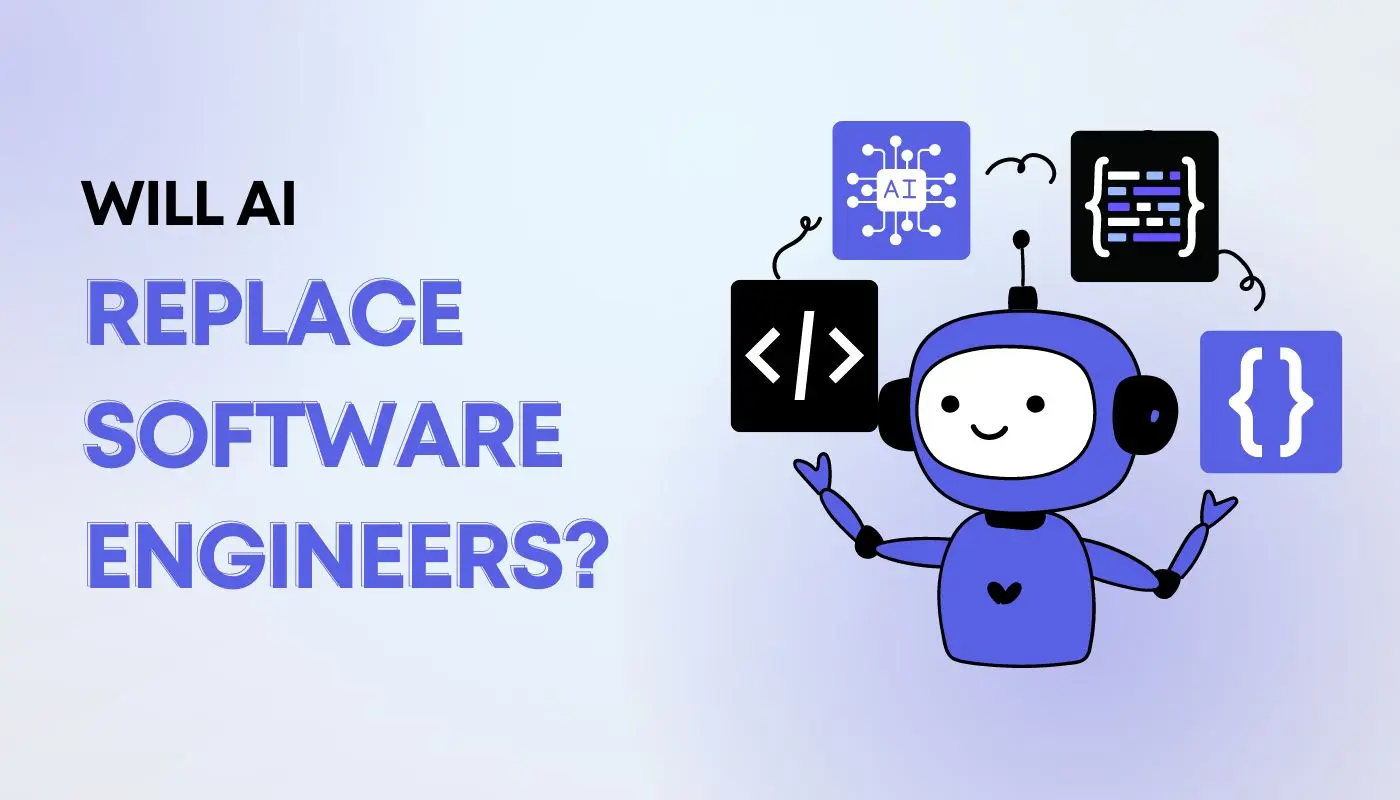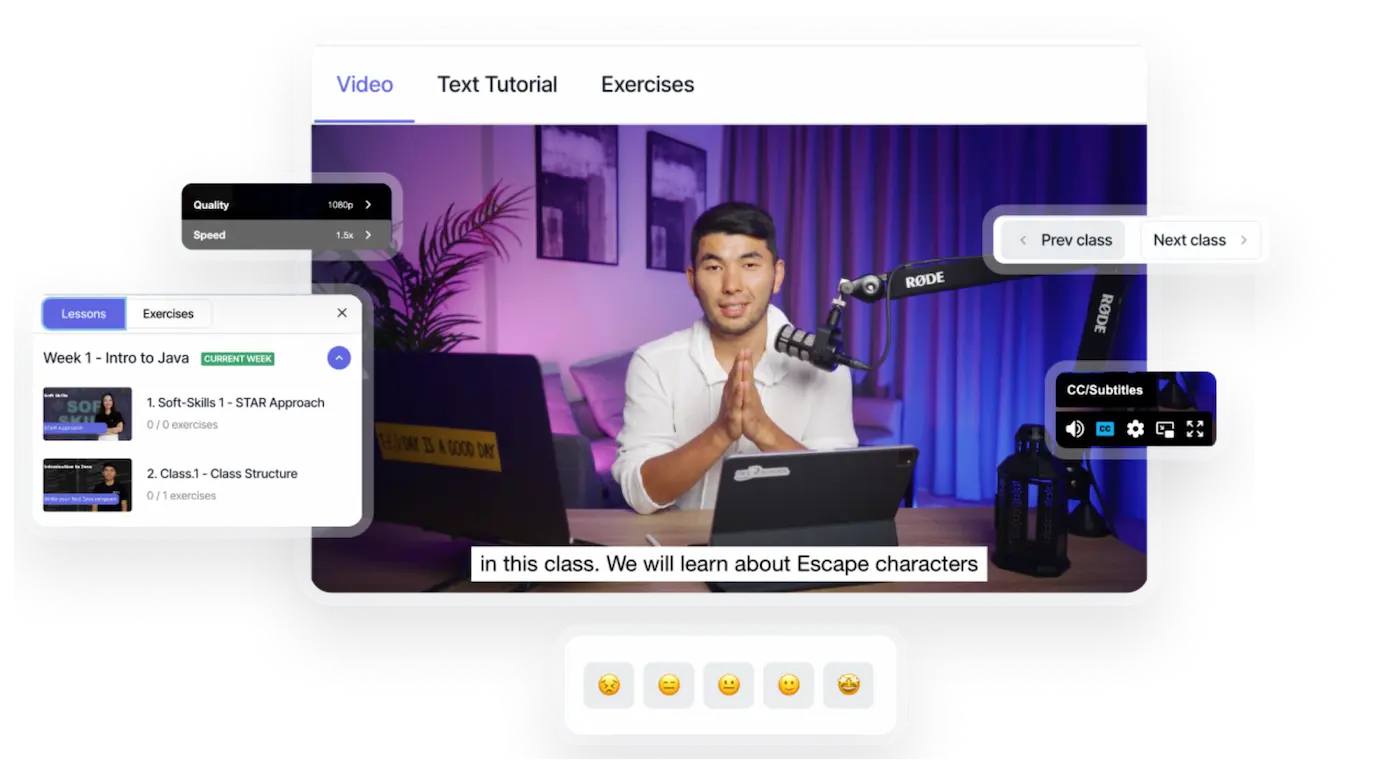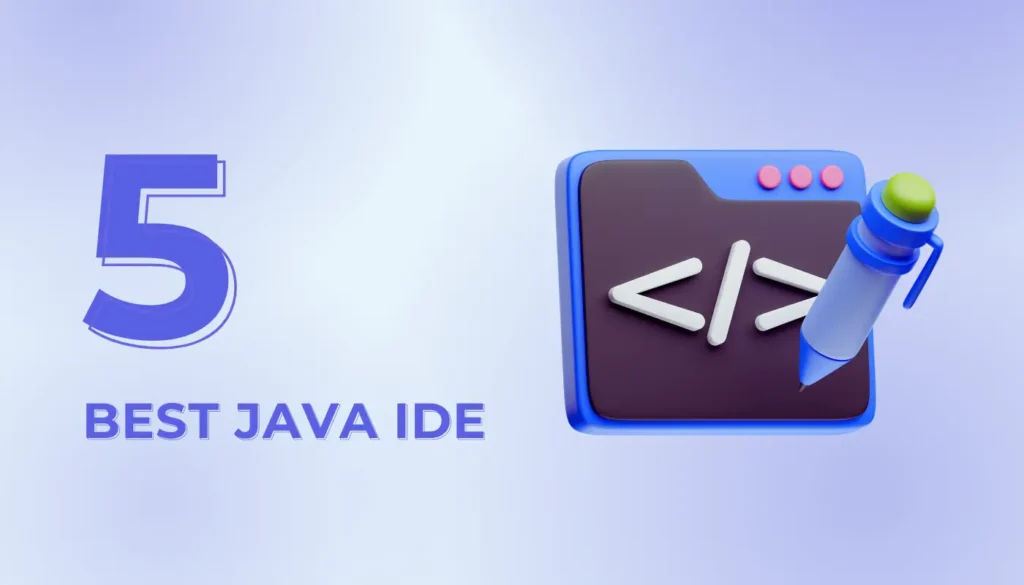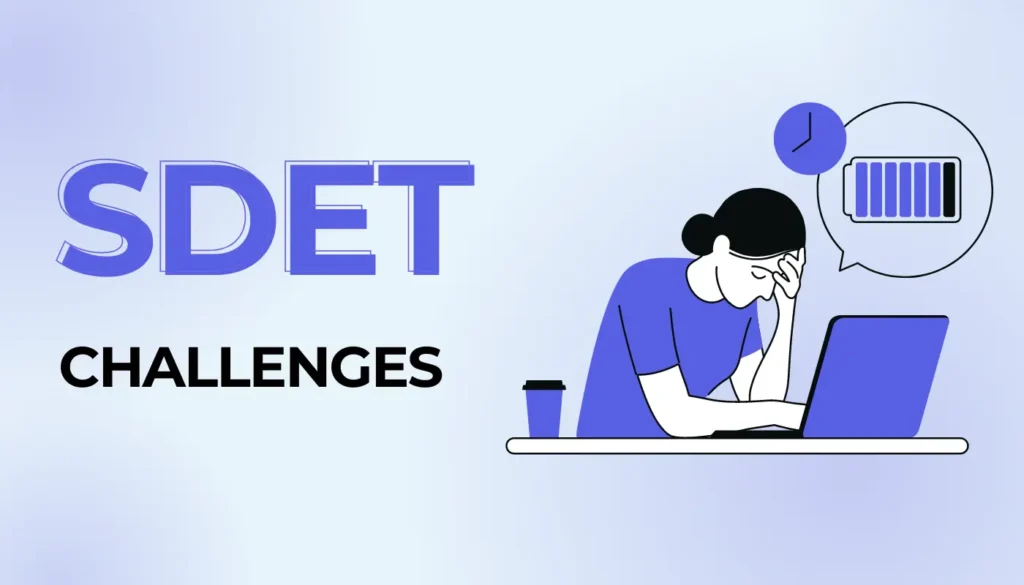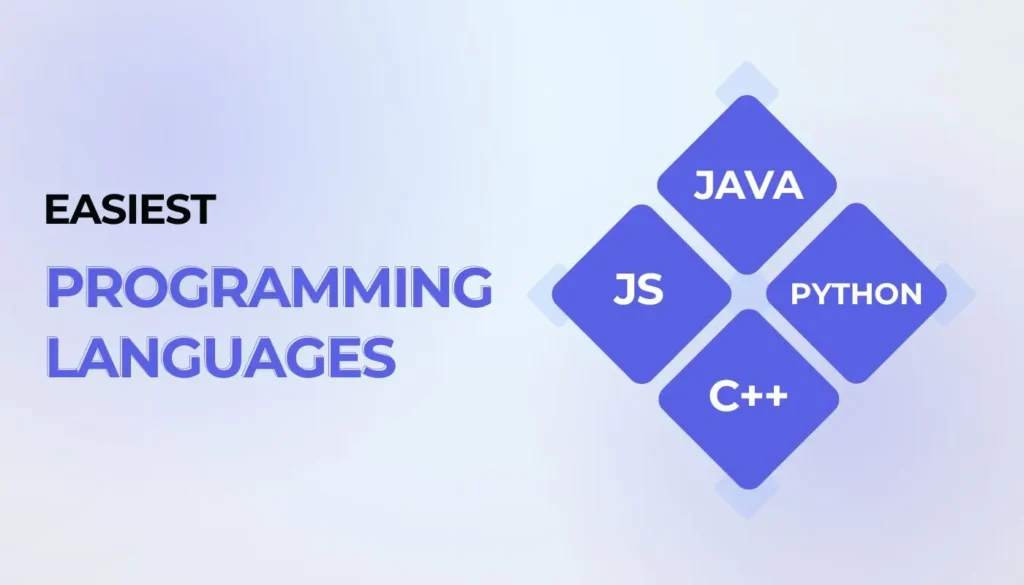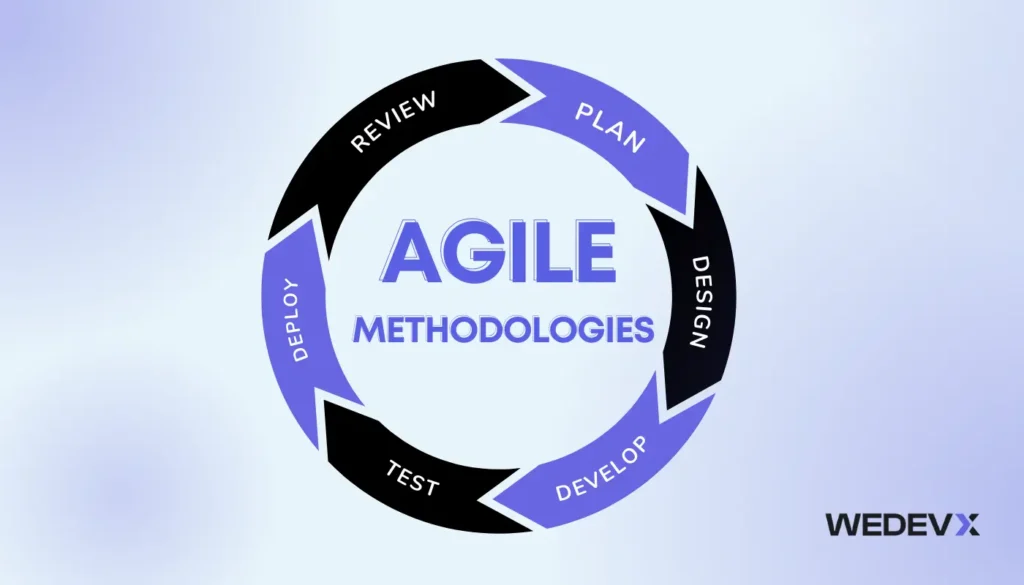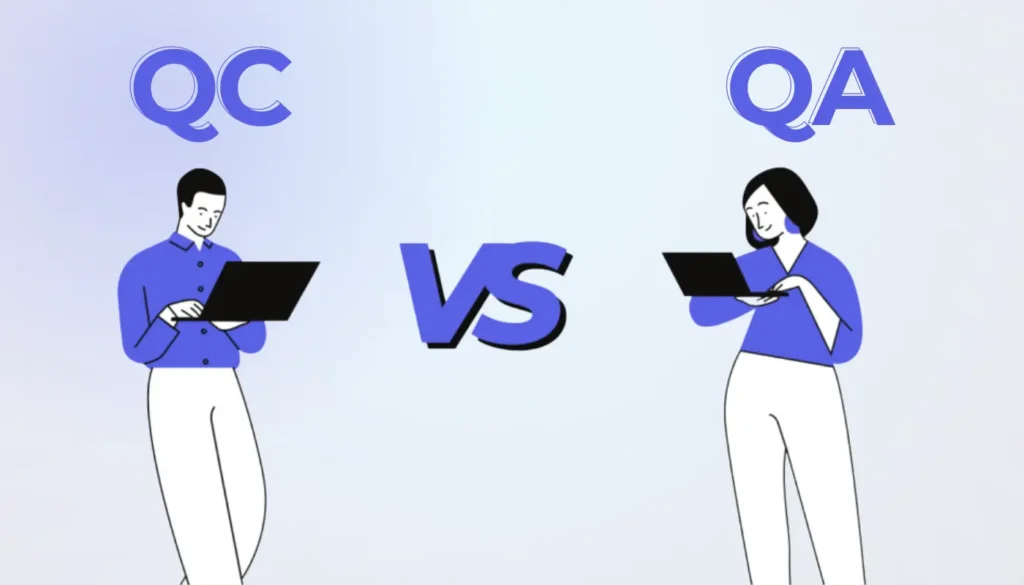No, AI will not completely replace software engineers and programmers, but it will change how they work, automating some tasks and creating new roles.
AI isn’t meant to spell the end of software engineers. In fact, AI was introduced to reshape and augment software engineering. That’s exactly what it has been doing so far. But…
No Matter How Smart AI Becomes, It Still Relies on Human Intelligence.
Let’s discuss in detail, exploring the impact of AI on software engineers and how much it is likely to replace them. Rest assured that our insights are backed by reputable resources, including Forbes, STX, Reddit, and Relevant Software, and more.
What’s the Use of Generative AI for Software Engineers?
Generative AI can automatically generate code snippets based on the provided requirements and context. This allows software engineers to expedite the coding process and improve productivity.
Let’s take ChatGPT’s generative AI as an example. It is designed to facilitate software engineers with ultimate automation. Yes—it takes only a few seconds to generate code snippets, provide explanations for complex concepts, write documentation, and much more. In short, software engineers can leverage it for programming tasks like app development, plugin creation, and more.
There’s a wide range of AI tools that work like magic—handling nearly every task that software engineers can perform.
So does this means: AI will replace software engineers?
Certainly, not.
Keep reading to find out why AI can not replace software engineers.
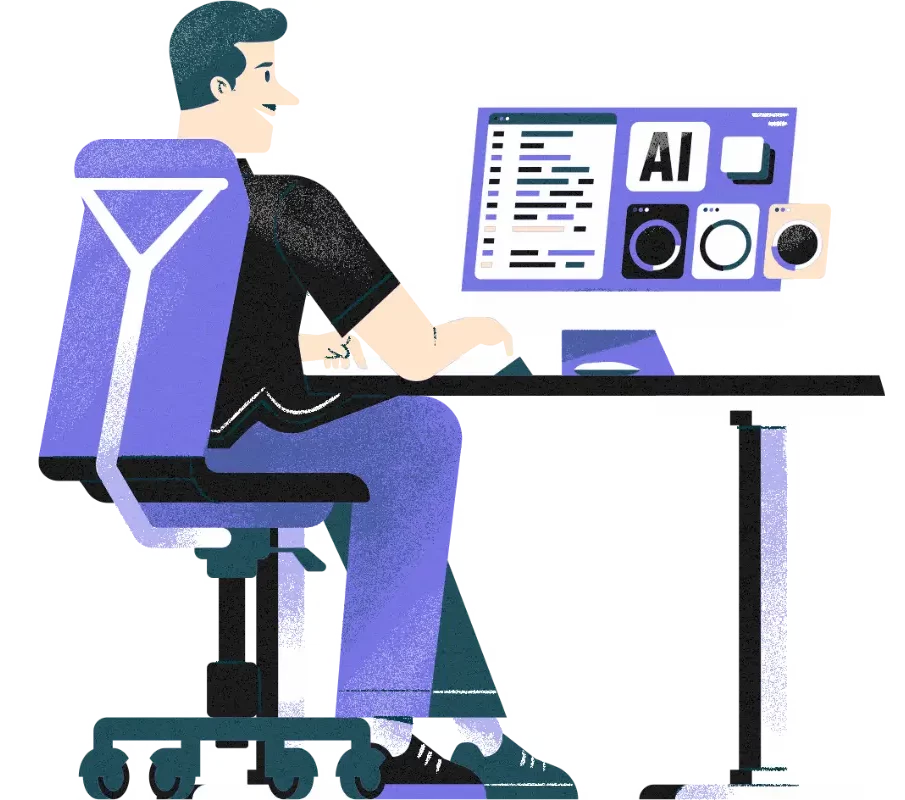
How AI Has Impacted the Coding Industry?
AI has been revolutionizing how software developers approach their work. In fact, some industry leaders speculated that AI might replace software engineers entirely. However, the reality is nuanced so far. AI tools like ChatGPT and GitHub Copilot have emerged as powerful aids, right? These basically augment a software engineer’s capabilities rather than replacing them outright.
According to an online survey conducted by Wakefield Research on behalf of GitHub:
- 92% of developers are using AI coding tools at work and in their personal time.
- 57% of developers believe that AI could help them upskill.
- 70% of developers already see significant benefits when using AI coding tools.
- 81% of developers believe that AI coding tools will help increase collaboration within their teams and organizations.
- 41% of developers believe that AI coding tools can help prevent burnout by reducing cognitive effort.
- 87% of developers reported that the AI coding tool GitHub Copilot helped them preserve mental effort while completing more repetitive tasks.
There’s no doubt that one of the major impacts of AI on the coding industry is “increased efficiency”. It streamlines the development process—allowing programmers to complete tasks at superspeed. Isn’t what software engineers ever asked for?
Let’s take a quick look at another impact of AI on coding industry. AI has significantly influenced hiring practices. It has changed the way recruiters used to evaluate a candidate’s coding capability. Now, if you apply for a coding job, you must be fully equipped to leverage AI coding tools in an effective manner. Yes—that’s the new criteria. This shift perfectly reflects the growing importance of AI proficiency in the coding profession and highlights the need for developers to adapt to technological advancements.
Despite all advancements, AI still has certain limitations. We all know that that various AI tools excel at automating repetitive tasks and generating code snippets. But we tend to neglect how AI tools struggle with more abstract or complex programming challenges.
So—AI’s impact on coding industry is positive enough but it can not replace the creative problem-solving abilities of human programmers.
Quick Tip – Enroll in WEDEVX SDET Bootcamp to take your software engineering career to the next level.
Don't know where to start your tech career?
We are here for you! Schedule a free call with our consultant for personalized advice on achieving your learning goals
Do Software Engineers Rely on AI?
Yes. Software engineers increasingly rely on AI tools to enhance their productivity, efficiency, and problem-solving capabilities. Indeed, AI has now become an integral part of the software development process, as it facilitates with:
- Code Generation – Software engineers leverage AI tools to generate code snippets and even get resolve coding problems. OpenAI’s GPT models, GitHub Copilot, and Tabnine are usually used to expedite the coding process and reduce manual effort.
- Code Review and Testing – AI tools assist software engineers in dentifying potential errors, bugs, or vulnerabilities. This way, software engineers can also automate unit testing.
- Debugging and Troubleshooting – There are various AI-driven debugging tools that help software engineers detect and diagnose software issues, recommend fixes, and improve the overall stability of applications. These tools leverage machine learning techniques to learn from past errors and prevent similar issues in the future.
- Workflow Optimization – AI algorithms can analyze development workflows and provide insights to optimize processes, identify bottlenecks, and improve efficiency. For instance, software engineers can use AI-based project management tools to allocate resources, schedule tasks, and streamline collaboration among team members.
- Natural Language Processing (NLP) – Software engineers can use AI to interact with code using natural language commands. This simplifies the way developers search for documentation, query databases, or access APIs.
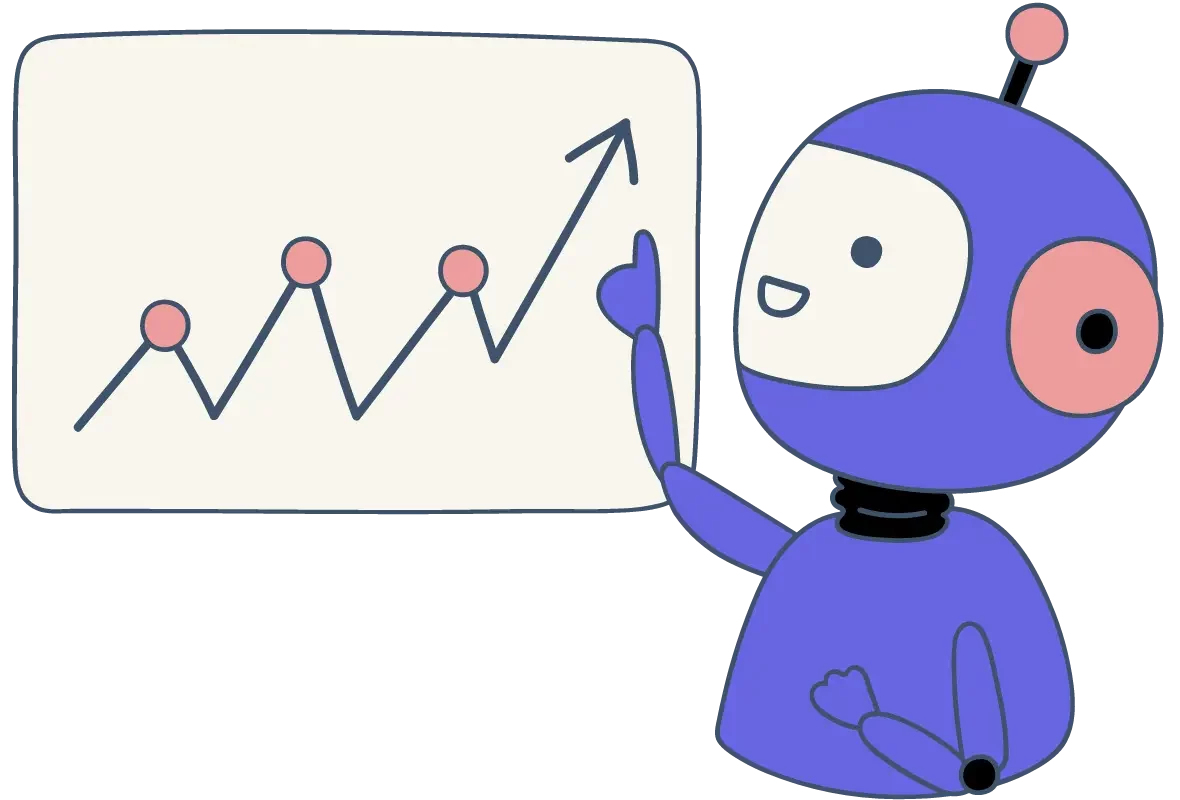
Will AI Replace Software Engineers in the Future?
It’s quite interesting that many industry leaders like Elon Musk claim that AI will take all human jobs away, including software engineering. However, that’s not entirely true.
We can say that the topic of whether AI will replace programmers is a subject of extensive debate. No one can certainly affirm that AI will replace software engineers in the future. But one thing’s for sure. It’s not going to happen any time soon. All AI can do is make programming and coding easier for software engineers.
Rest assured that AI will not replace software engineers—neither now nor later. That’s because AI’s power comes from human intelligence. It will always require a professional software engineer’s guidance to handle intricate development challenges. In fact, it’s better to say that software engineers can effectively leverage AI to tackle complex software projects.
But Why Can't AI Replace Software Engineers?
It is important to understand that if AI is to replace software engineers, then it requires creativity and problem-solving skills like humans. This level of AI is called artificial general intelligence (AGI) and it is only theoretical. Although experts have predicted AGI to be launched by 2061, it’s progress is still uncertain.
As of now, AI can only augment the capabilities of software engineers and improve productivity. It cannot fully replace the unique skills, creativity, and expertise that human engineers bring to the table. More clearly:
- You must know that software engineering is often focused at finding novel solutions to complex problems. This requires human intuition, critical thinking, and creativity. Can AI deliver it all? No.
- AI can assist with certain aspects of problem-solving, but it often struggles with abstract or ambiguous problems. Then ultimately, it requires human judgment and context.
- It is clear that AI can analyze large datasets and identify patterns. However, it lacks the domain expertise that human engineers possess, which makes it challenging to understand the broader context, such as logic and user requirements.
- AI operates based on algorithms and data, which can sometimes lead to biased or unethical outcomes. That’s something professional software engineers don’t do. They are fully responsible for ensuring that their code is ethical, secure, and aligns with societal values.
- Professional software engineers have the ability to adapt to evolving changes, learn new skills, and apply them effectively. Indeed, AI can be trained to perform specific tasks, but it surely lacks the such adaptability and learning capabilities of human beings.
It is very likely that human engineers will continue to play an irreplaceable in software development. All while leverging AI to create innovative and impactful software solutions.
Bottom Line
According to research, 73% of IT experts report that AI-powered automation has enabled software engineers to save between 10% and 50% of time previously spent on manual tasks. However, the notion of AI entirely replacing software engineers is still far-fetched. AI is designed to empower software engineers and make their tasks easier, not take their jobs away.
